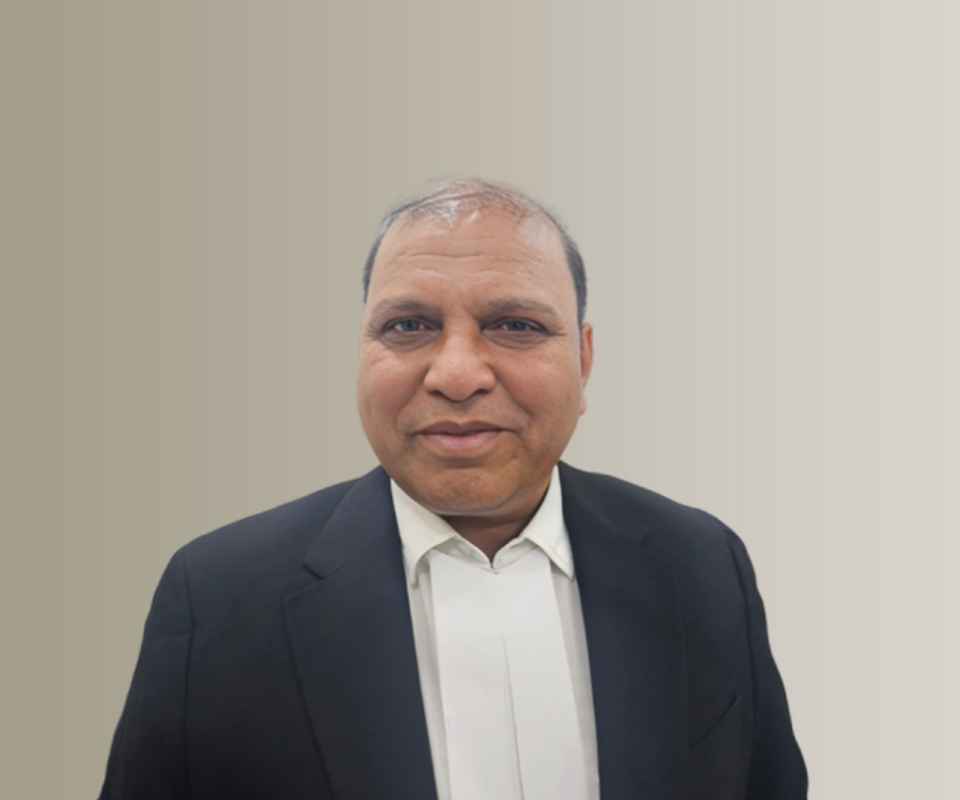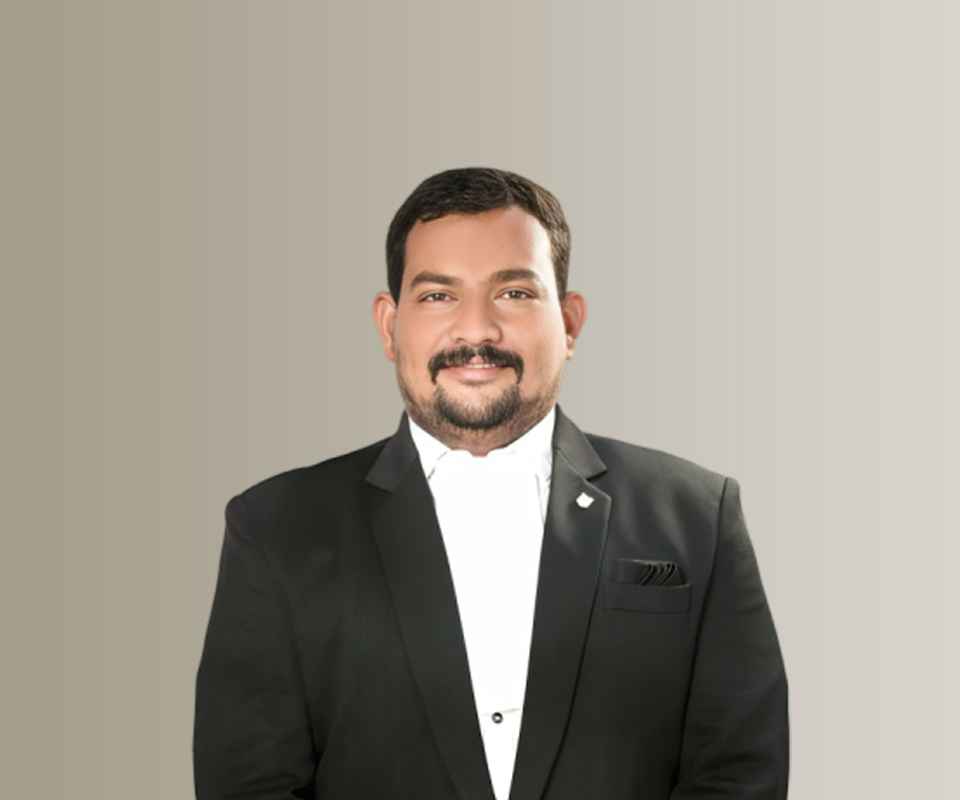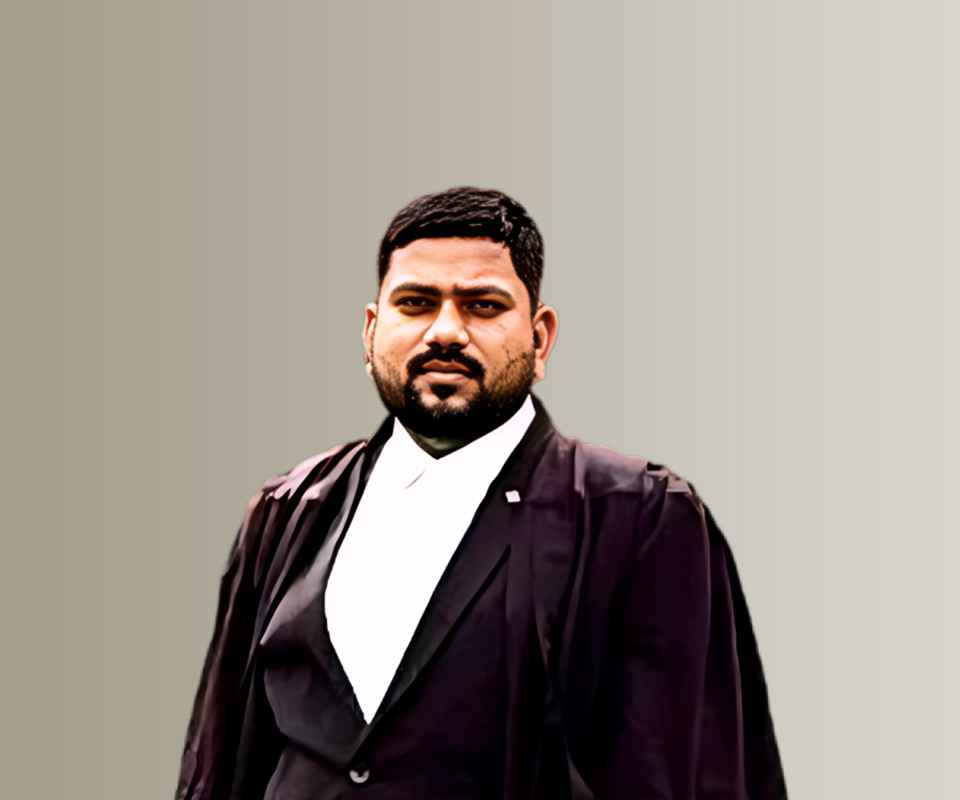Answer By law4u team
Yes, a will can create a trust after the death of the testator. This is known as a testamentary trust. It is a type of trust that is established through the instructions provided in a will and comes into effect only after the death of the person who created the will. The will outlines the terms and conditions under which the trust operates, including how assets are to be distributed and managed for the beneficiaries.
How a Will Creates a Trust After Death:
Testamentary Trust:
A testamentary trust is created by the provisions of a will, and it only becomes effective upon the death of the testator (the person who wrote the will). The testator specifies in their will that certain assets should be transferred into a trust, and the trust is managed by a trustee for the benefit of the beneficiaries.
This type of trust is commonly used to manage assets for minor children, provide for a spouse or loved one after death, or ensure that the estate is administered according to the testator’s wishes.
Assets Transferred to Trust:
After the death of the testator, the executor of the will carries out the instructions, which may include transferring specific assets to the trust. These assets could be money, property, stocks, or other valuable items that are now held by the trust for the designated beneficiaries.
The trustee is responsible for managing and distributing the assets according to the terms set out in the will.
Beneficiaries and Trustee:
The will should clearly state the beneficiaries who will benefit from the trust, such as family members or organizations. Additionally, it should appoint a trustee who will be responsible for overseeing the trust’s operations and ensuring that the trust assets are used in accordance with the testator’s wishes.
Example: If a testator wants to ensure that their child receives a certain sum of money for their education after their death, they can specify in the will that a testamentary trust is created for this purpose.
Purpose of the Trust:
A testamentary trust can serve various purposes. It might be used to provide for family members, particularly minors or those who may not be capable of managing their inheritance. It can also be established for charitable purposes, ensuring that certain assets are used for specific charitable causes after death.
Example: A person may wish to create a testamentary trust that allocates funds for the education of their grandchildren, which will be managed by a trustee until the grandchildren reach adulthood.
Tax Considerations:
The trust established under the will may have tax implications for the beneficiaries, depending on the assets in the trust and the income generated. The trustee will manage the trust according to the law, ensuring that any taxes owed by the trust are paid from the estate or trust assets.
Example: If a testamentary trust generates income from rental property, the income may be subject to tax, and the trustee will ensure that taxes are paid on behalf of the trust.
Example:
Example of Testamentary Trust:
Mr. Sharma, in his will, specifies that a portion of his estate should be used to create a testamentary trust for the education of his minor children. Upon his death, his executor transfers the designated assets (like money and shares) into the trust. He names his brother, Mr. Kumar, as the trustee to manage the assets. The trustee will use the funds to pay for the children's education until they reach adulthood. The trust will dissolve once the children are financially independent or as per the conditions set in the will.
Conclusion:
Yes, a will can create a trust after the death of the testator. A testamentary trust is an effective tool for ensuring that assets are distributed according to the wishes of the deceased. It can provide for the financial security of family members, particularly those who may need assistance managing their inheritance. By clearly outlining the terms and appointing a trustee, the testator can ensure that their assets are used for the intended purpose, whether it be for the benefit of family, friends, or charitable causes.







